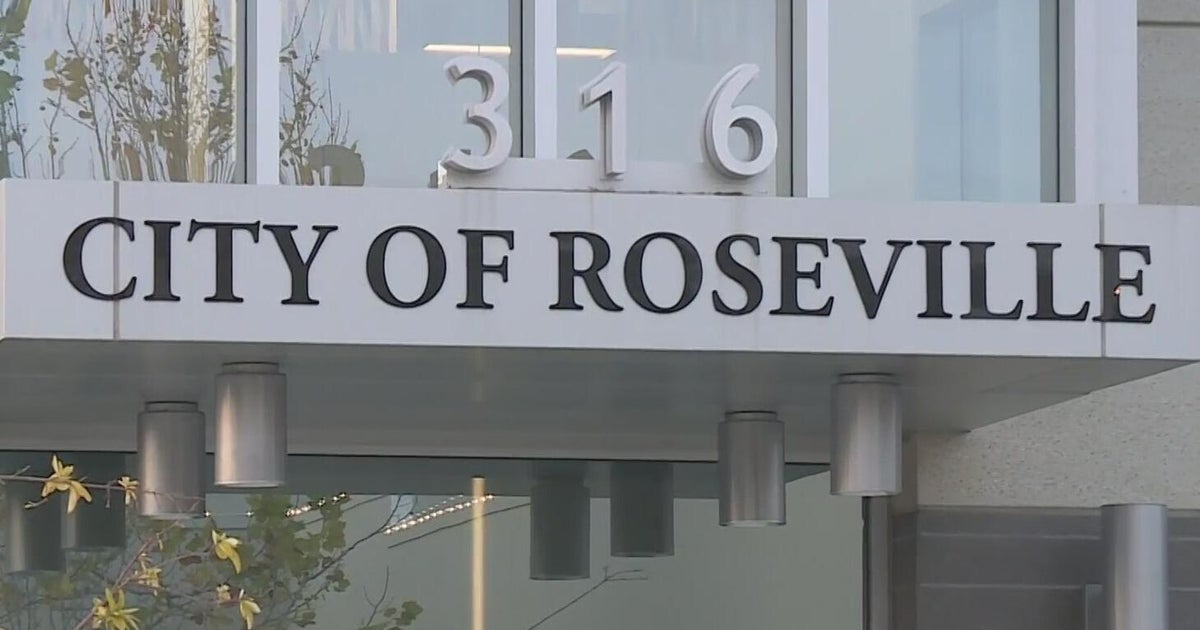Here's how much Americans say they need to retire — and it's 53% higher than four years ago
Americans have lofty goals for their retirement, with the typical worker believing they need $1.46 million to retire comfortably — a jump of 53% from their savings target in 2020, according to a new survey from Northwestern Mutual.
But most people are far from reaching that objective, with the study finding that the average amount held in a retirement account today is just $88,400. That means that the typical worker has a $1.37 million gap between their actual savings and their retirement aspirations.
Due to the impact of inflation and other financial pressures, Americans today believe they need to sock away more for their golden years compared with 2020, when the typical worker pegged a comfy retirement as requiring $951,000 in savings, Aditi Javeri Gokhale, chief strategy officer at Northwestern Mutual, told CBS MoneyWatch.
But, she added, many workers are also expecting to live longer and spend more time in retirement, which may also explain why people believe they need bigger nest eggs than in prior years. Indeed, Gen Z workers, who are currently in their early 20s, want to retire at 60, and almost 1 in 3 think they'll live to 100, meaning that they'll need to fund a 40-year retirement, the study found.
"The magic number is at an all-time high — it's 50% higher than what it was before the pandemic," Gokhale said. "The cost of living in general, whether in reality or perception, seems to be more costly now than it was before."
And more people are worried about Social Security, given that the program's trust fund reserves are set to be depleted in 2033, which will lead to a cut in benefits if the program isn't shored up before then.
"We're all seeing stories about Social Security, and you'll see more of that since it's election year," she noted. "So if my benefit will be cut, I have to shoulder more of the burden."
How far does $1.46 million get you?
Many of the 4,588 adults who responded to the financial service company's survey likely answered with a guesstimate, given that the study also found that only about half of boomers — many of whom are already retired — say they actually know how much they need to retire, Gokhale said.
In other words, while some people have talked with a financial adviser or worked out a detailed plan themselves for their retirement, many Americans are heading toward retirement without really sitting down and figuring out what they need.
"There is no major calculation; it's a feeling," Gokhale noted. "Some of them probably have done some math, in terms of saving and in terms of average burn to operate [in retirement], but it generally comes [down] to feeling."
To be sure, retirement needs vary considerably, based on a person's standard of living while working, their local cost of living, taxes and other financial details. Using the rule of thumb to withdraw 4% of one's retirement savings annually, a nest egg of $1.46 million would result in about $58,400 in annual income.
After adding in Social Security benefits, which is about $23,000 annually, that results in retirement income of about $81,000 each year — or above the median household income of $74,580.
Of course, most Americans are far from reaching $1.46 million in savings — and many head into retirement with no savings at all.
A do-it-yourself system
The study underscores the do-it-yourself mentality of the current retirement system, which some experts have said has evolved from the shift to 401(k) programs from pensions, with the latter managed by companies to provide workers with a steady stream of income in retirement.
But with 401(k) programs, workers typically pick their own investments and decide how much of their income to save.
One of the system's critics is retirement expert Teresa Ghilarducci, an economist and professor at the The New School for Social Research in New York, who recently told CBS News that the current approach has left behind the bottom 90% of workers. For starters, only half of American workers even have access to a retirement plan, leaving the rest to cobble together a savings strategy.
Many Americans don't believe they have enough money to consult a financial adviser, but it's a step that she believes more people should take, noted Gokhale, whose company provides that service. "I don't believe you have to be on your own and Google search, 'What do I need for retirement'," she added.
But other research indicates there are plenty of hurdles to overcome. For one, about 6 in 10 people over 50 have never talked with a financial professional, and the reasons range from their fears that they don't have enough in savings to justify it and that it's too expensive, according to a study published earlier this year from AARP.
"If you are trying to do this on your own, it becomes very very overwhelming and disheartening," Gokhale said.
For most Americans, going it alone is the standard way to plan for retirement.



